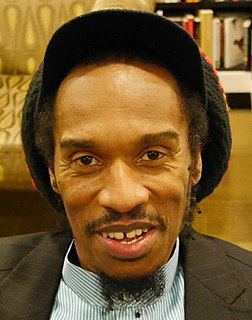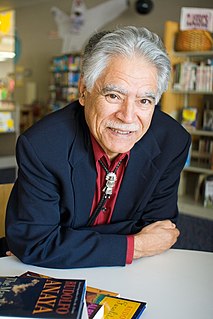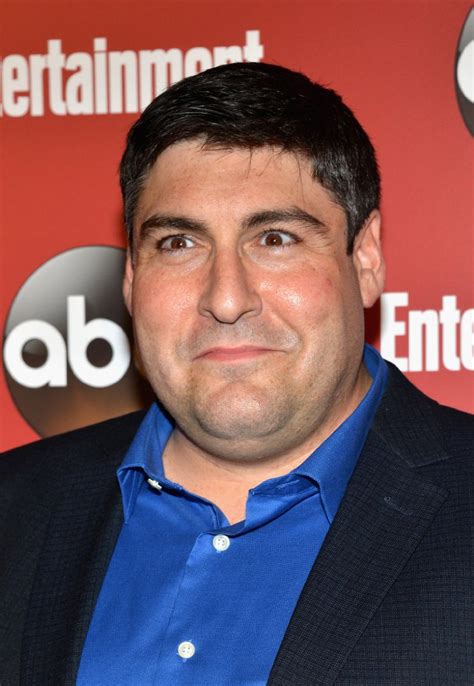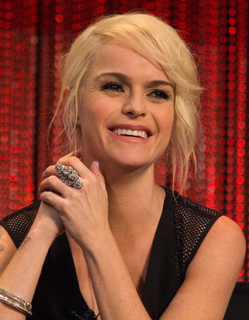A Quote by Robert Fitzgerald
I would then go on to say that Homer, as we now know, was working in what they call an oral tradition.
Related Quotes
I think my criticism of the Pentecostal tradition that I heard with my sister's church was that it wasn't always audible. You couldn't quite figure out what was going on. And then, the people would very often do what they call speaking in tongues and I didn't know what they were saying. My father used to always say that if it can't be understood, then it's not the good news or not the gospel.
The question now becomes about defining your terms. What is literature? Unless we allow it to encompass the oral tradition from which it grew, which means taking it back to Homer and beyond, it demands the written word - poetry and prose. [Bob] Dylan is no slouch at the written word, both in its own right, and transcribed from his lyrics, which have often been acclaimed as poetry and may well stand up as such. But that is not his métier.
I worked with the late Leonard Frey. I did a play, and I would have these ideas and he would say, "I don't know. Try it." And I would try it and it would be awful, and he would go, "What do you think?" And I would go, "It was awful." And he goes, "Okay, we'll try something else." And that's great because it really makes you feel less working-for and more working-with. There's nothing better than to feel a part of the team.
And so out of the blue the call did come and said, you know, "Would you be - would you consider turning this [The Starter Wife] now into a series?" And so obviously that was a shock. And all the conversations began. And, you know, and now we're here. Now we're finishing up our last episode right now.



































